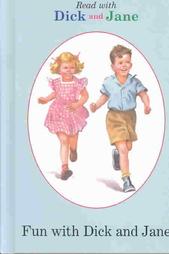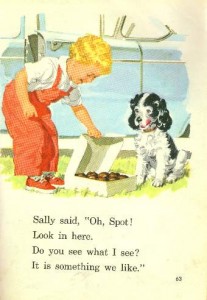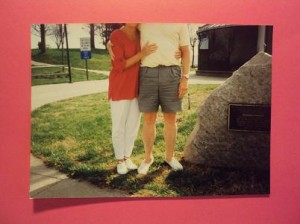Although I’ve never been a champion at preparation, Nate was. It’s one of myriad qualities I admired about him when we first met and is a perfect illustration of opposites attracting. For 40 years his example tutored me in how to get ready for things (which is not to say I was a quick study).
Life offers unnumbered commitments for which we ought to be prepared: the first day of school, meeting an airplane, tax day, having enough gas to get to our destination. When these predictables take us by surprise, a finger can usually be pointed at the faulty party.
But sometimes we come up short on preparation because we didn’t have a clue something was coming: a premature baby, a tornado, a traffic accident, a cancer diagnosis.
And then there’s the big one, death. Even in the case of long-term illness, when death snatches a loved one, none of us are fully prepared.
Tomorrow I’ll attend the memorial service of a 32 year old young man who died suddenly, without explanation. To be prepared for that was impossible.
Although this man’s parents stood in front of a church and dedicated him to God when he was a baby, that didn’t feel like preparation for death. When they let him go off to school “on his own” each morning, that separation was nothing compared to the separation of death.
When they prayed for him, asking God’s will to be done in his life, they were opening themselves up to whatever God chose to bring. But death? They weren’t thinking of that.
It’s an encouragement to know God sees what’s coming when we don’t. Just as parents paint the nursery before the baby arrives and load the back pack before the first school day, God the Father gently moves the pieces of our lives into position before the unexpected hits us. Within the tumult, we can’t see it. But later, usually much later, we look back and say, “Oh, that was him there… and again there.”
Our family found this to be true. Several months after Nate died, my kids and I actually drew up a list of God’s “positionings” among us before the whirlwind arrived.
Getting a glimpse of this divine preparation on our behalf doesn’t lessen anyone’s sadness while going through it, but it softens the raw reality. And when we turn around to search for God, we see how he was there throughout, and can’t help but feel his love because of it.
“Father, prepare me for whatever is next.”
“Those who cleanse themselves… will be instruments for special purposes, made holy, useful to the Master and prepared to do any good work.” (2 Timothy 2:21)





